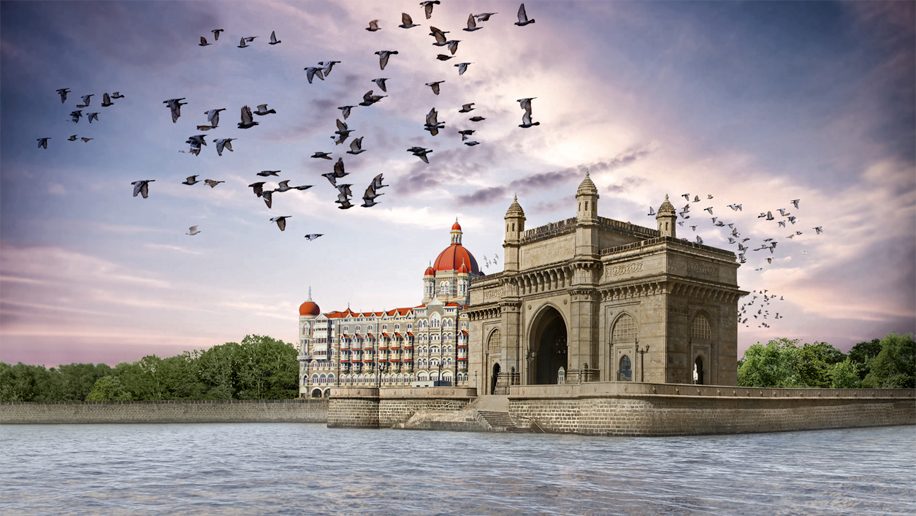
India is gearing up for its 2020 Union Budget, which is set to release tomorrow, February 1, 2020. Presented by Nirmala Sitharaman, Minister of Finance and Minister of Corporate Affairs, this will be the second budget by the Narendra Modi-led National Democratic Alliance (NDA) government.
One of the sectors that is expecting a severe boost from this budget is travel and tourism that makes for the largest service industry in the country. Be it reviewing the GST policies for the market or developing the infrastructure, travel and tourism industry leaders believe that a lot needs to be done to utilise the potential of this sector.
Here’s what the travel and tourism experts in India have to say about the upcoming budget:
Gaurav Dewan, chief operating officer and business head, Travel Food Services, a growing travel food and retail company in India:
The year 2019 was challenging for the travel industry, with a leading airline stopping operations. We look forward to the budget having a clear and continued focus on infrastructure development with regards to the airways, rail and highways. Moreover, favourable policies with regards to the tourism sector, given its enormous ability to generate employment and sustainable GDP growth, will go a long way to stabilise the economy and infuse cash in the system.
The reduction of corporate tax was a pleasant move last year, but there is an urgent need to re-introduce input tax credit for F&B companies under GST.
Mahesh Iyer, executive director and chief executive officer, Thomas Cook (India):
With the travel and tourism sector contributing significantly to the Indian economy, we believe the Union Budget 2020 should focus on strengthening the tourism sector by continued emphasis on introducing tourism friendly policies to give impetus to India’s Inbound, Domestic and MICE segments.
Our wish list for the Union Budget 2020 includes:
- Reduction in personal income tax rates and capital gains tax, placing more money in customers hands which will accelerate growth of travel and other commercial activities
- Lack of quality infrastructure and poor connectivity poses a challenge to domestic tourism especially in the north east. Creation of new travel circuits in the north east will open a window of opportunity for the tourism sector that is still under-tapped. Concerted efforts from airlines to operate these routes along with lower GST rates on hotels will help boost increased traffic to the region
- Our wish list also includes clarifying the issue of air travel agent being subject to tax collection at Source. The amendment of the proviso to section 16(2) in claiming input tax credit on the tax charged by the airline will also help in providing for the specific scenario of payment made by corporates or registered passengers to a travel operator.
Rakshit Desai, managing director, FCM Travel Solutions – Indian Subsidiary of Flight Centre Travel Group:
Sectors like MICE, medical tourism and destination events have a lot of potential but further growth is reliant on solid infrastructural development. There should be continuation of Service Exports from India Scheme (SEIS) to promote inbound travel and a push for state tourism boards to fast track planned expansion of destinations will further propel domestic tourism in India.
Stabilisation of the aviation industry is a development that we are looking forward to, as it will influence the future of tourism and hospitality in India. The previous year has seen airport infrastructure development under the UDAN scheme, and we hope that the same momentum will continue throughout 2020 as well.
Nishant Pitti, co-founder and chief executive officer, Ease My Trip, an Indian online travel company:
In order to promote domestic tourism and inspire people to travel more, there is a need to improve the internet connectivity in Tier II and Tier III cities. This will ensure a growth in domestic travel while promoting the Digital India Campaign.
Safety is an important factor while considering travelling to a foreign land. Lately in India, safety for foreign nationals has become a big concern. For this, adequate budget should be allotted to state tourism boards to ensure welfare and adequate protection for tourists coming to India.
Mohit Poddar, chief executive officer and co-founder, Shoes on Loose, an experiential travel company in India:
Any reduction in GST will give Philip to small travel agents. I hope that the government will bring necessary provisions to accommodate four different slabs under ‘One GST Rate’ in this 2020 budget. We expect the government to also reduce the GST on domestic hotels and start more direct flights to places like Bali, Thailand. While the tax ratio has benefits to inbound operators to grow in the inbound market, the government can also look at setting up startup funds for travel agencies.
For budget 2020, the government should create a licensing system to boost revenue and create an entry barrier. Moreover, with this budget, the Union government should take initiatives to encourage hiring in the sector by simplifying the processes.












